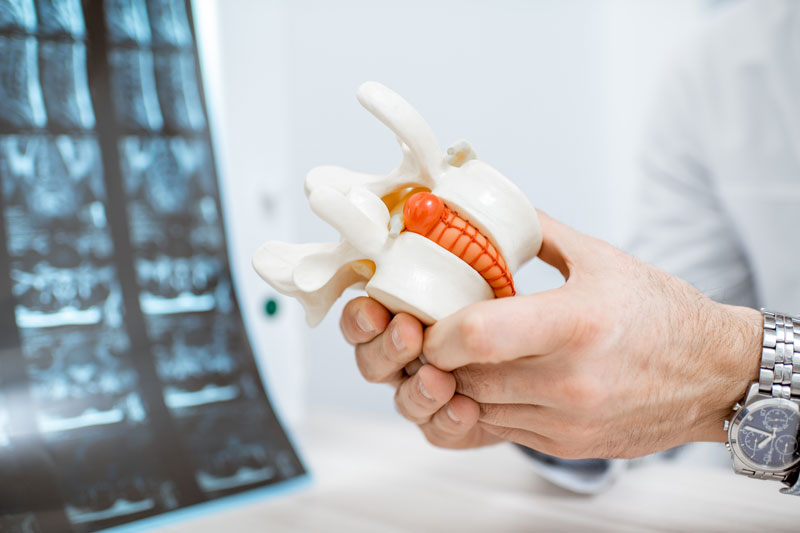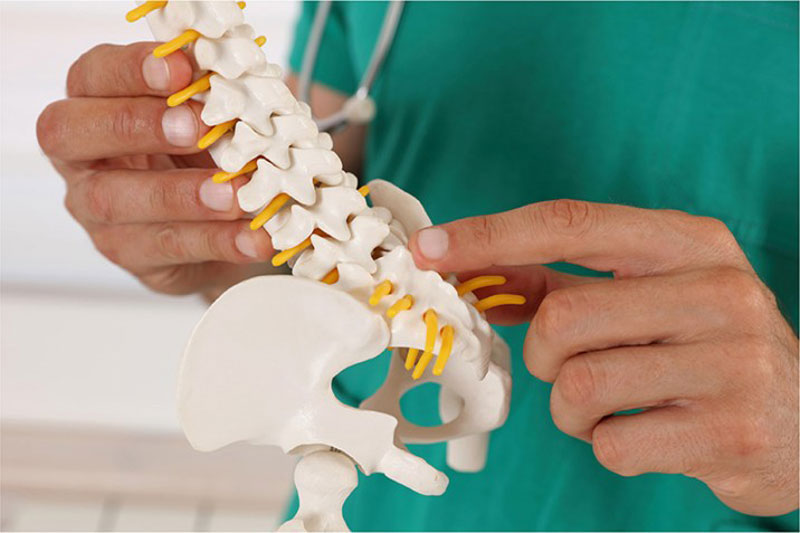Common Treatment Techniques and Medication
There are various types of pain, which calls for different kinds of medications. Pain management solutions include medication, therapy and other treatment techniques. The common medications to treat pain include over-the-counter pain relievers, prescription meds, topical pain treatment, and injections.
Over-the-Counter (OCT) Pain Relievers
The over-the-counter medications include acetaminophen (Tyenol) and Nonsteroidal anti-inflammatory drugs (NSAIDs) such as naproxen and ibruprofen.
Both pain relievers are helpful in reducing fever, stiffness and muscle aches as well. However, only NSAIDs reduce irritation, swelling and inflammation associated with the pain. Acetaminophen works by altering the pain messages received by the brain. NSAIDs, on the other hand, work by reducing the production of prostaglandins that cause pain.
There are also over-the-counter topical pain relievers available. They come in the form of creams, sprays or lotions. However, they only provide relief for a short period of time after applying.
Prescription Pain Relievers
Prescription pain relievers are stronger than over-the-counter drugs. They include corticosteroids, opioids, antidepressants, anticonvulsants and NSAIDs.
Corticosteroids provide pain relief and treat related symptoms like inflammation, swelling, itching, redness, as well as allergic reactions. They come in the form of pills and injections. They are often used to target certain joints to treat the pain and other symptoms.
There are also narcotic pain medications. The most common form are opioids. They may contain natural, semi-synthetic or synthetic opiates. Opioid pain medication is effective in treating severe pain. However, they must only be used for a short term especially when used to treat chronic pain. Frequent and too much dosage can pose harmful effects to the health and may even result to addiction.
Antidepressants are also used as pain medications. They work by adjusting the natural chemicals in the brain called neurotransmitters, treating pain and emotional conditions. By adjusting the levels of neurotransmitters, the well-being and relaxation signals are increased, which enable the body to provide pain relief. Low-dose antidepressants can help treat chronic pain, migraine, headaches and menstrual pains
Anticonvulsants are medications for seizure disorders. However, they also show potential in providing pain relief. They work by minimizing nerve pain and the effects of the nerves in causing pain. However, taking anticonvulsants must not be long term and it must always upon the advice of a health professional.
Another option for treating pain is trigger point injection (TPI). This injection is commonly used to treat pain caused by knots of the muscle and inability of the muscle to relax. Such knotting may also irritate the nearby nerves and cause what is known as referred pain.













